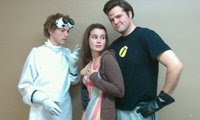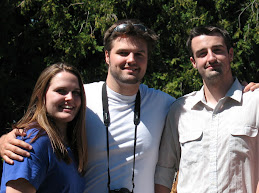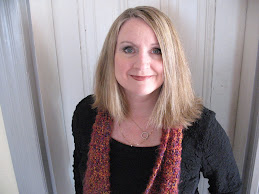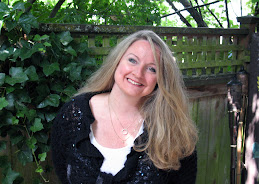Saturday morning I went to the workshop to Prepare Myself for the May SCBWI conference.
Nicole Marie Schreiber was the speaker and she gave a lot of great pointers, tips and hints to first-time conference attendees.
Some of her important tips about getting a professional critique, in my opinion, were:
1) Follow the proper manuscript format;
2) Have a critique partner or beta reader read your manuscript; and,
3) Follow the guidelines of submitting your manuscript.
These are all really important things to remember.
She also said to remember the following self-editing tips:
1) Check your spelling and grammar;
2) Show/don't tell;
3) Run through your point of view and verb tenses to make sure you stay consistent;
4) Watch out for adverbs (and cut them out whenever possible) (all "ly" words should get a second look - like she ran quick"ly". You don't really need the quickly.
5) Try to make sure you know who the main character is and that you have a good amount of conflict.
There were lots of other tips but those are the ones that stick out in my head.
Nicole also recommended reading some good books on self-editing. My favorite is Stephen King's book, On Writing.
And one of the great things about this workshop is the way the community gathers around to help each other become better writers.
It was a fun morning, filled with great tips, hints and new friendships :D
YOU ARE HERE EDUCATOR’S GUIDE
8 months ago

































